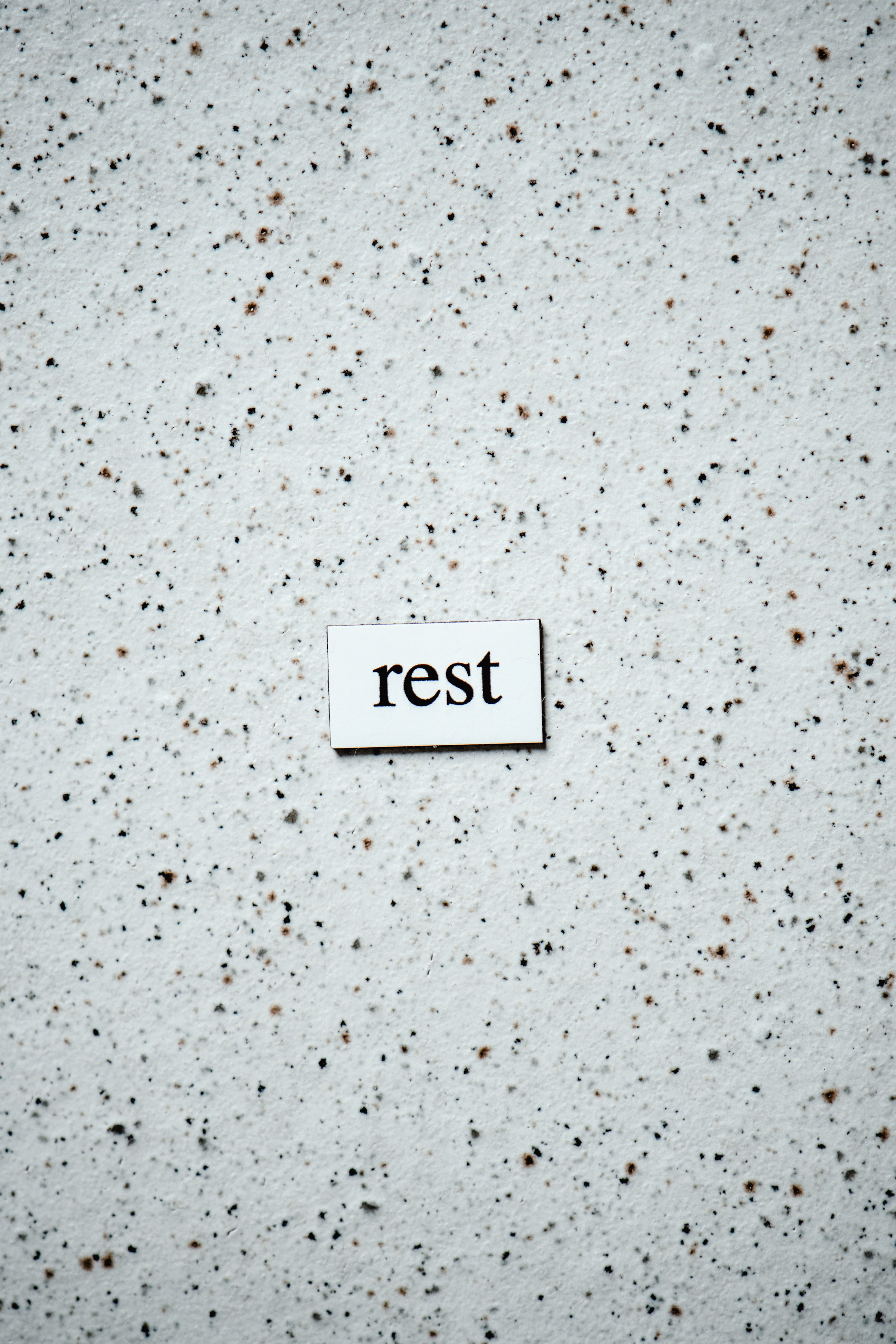Hi, I'm currently in third year studying MChem Chemistry for Drug Discovery and Development. I am passionate about science , LGBTQ+ rights and swimming too.

How a good night’s sleep could benefit you
April 27, 2021,
read.
This article is more than 3 years old
Sleep is the key time for the brain and body to engage in vital growth and restoration. Research has shown that most adults recognise the importance of sleep but choose to instead prioritise work, fitness, relationships and other areas first. With research showing only 25% of people get the recommended daily amount of sleep, in this post I will be discussing how a good night’s sleep could benefit you, as well as top tips for sleeping well.
What constitutes “good night’s sleep”?
A “good night’s sleep” should leave you feeling refreshed and ready to start the day. Sometimes, if you were in a deep sleep, it can take a couple of minutes to fully wake up. Although the recommended daily amount of sleep for adults is between 7 and 9 hours, it is important to balance quality and quantity. Quality sleep is uninterrupted as fragmented sleep can disrupt the natural stages of sleep and body recovery resulting in a less productive rest.
What are the benefits?
Sleeping well can have great effects on the body including keeping your energy levels up and maintaining your attention throughout the day. Not only does sleep allow the body to repair and rebuild, but it also does the same for your mind too.
As you sleep your brain converts short-term memories to long-term. Getting enough sleep allows the body to fully processes the information that you have taken in during the day, often leaving you with a clear, refreshed mind when you wake up.
Sleep is not just important for good physical health, it is vital in looking after your mental health too. Research has shown that you are at higher risk of developing poor mental health if you do not regularly get a good night’s sleep.
Tips to get a good night’s sleep
Try to sleep and wake up at the same time every day. This might seem like a big challenge at first, but research shows that maintaining a regular sleeping pattern can improve long-term sleep quality. So if you want a goodnight sleep, then why not try setting a daily bedtime alarm to remind you it is time to go to sleep.
Don’t consume caffeine late in the day! To most this is an obvious tip, but did you know that caffeine levels can stay elevated in your blood for 6-8 hours? In fact, a study has shown that consuming caffeine up to 6 hours before bed can significantly worsen sleep quality. Therefore, if you love an afternoon or evening hot drink, it’s probably best to reach for the decaffeinated option.
Reduce long daytime naps. We all need a nap sometimes but having regular or long daytime naps can confuse your internal body clock, leading to negative effects on your sleep at night. Research has shown that napping for 30 minutes or less can enhance the functioning of your body during the day time, but anything longer can harm your sleep quality at night as well as your health.
Thank you for taking the time to read my post! I hope it has helped give you an understanding of the importance of regular good quality sleep. If you are struggling to sleep and feel like you need help, the University Wellbeing Centre has more resources and will be happy to help.







